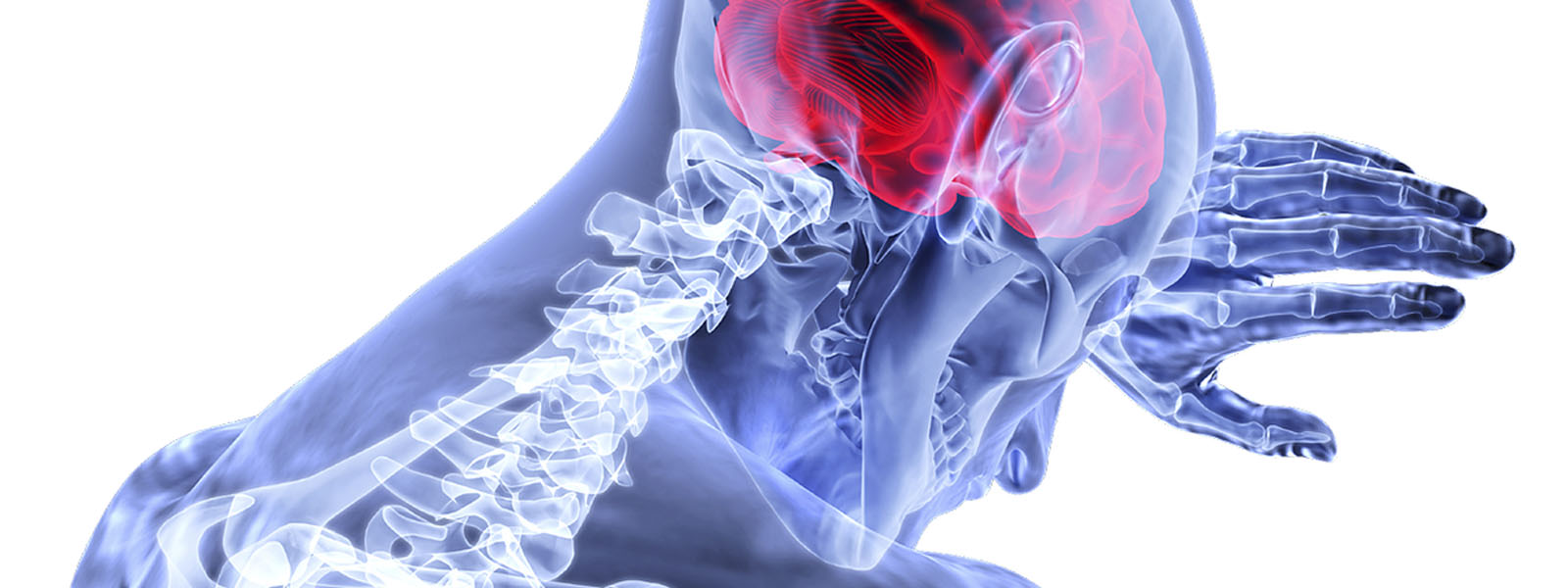
BOOST
Brain Oxygen Optimization in Severe Traumatic Brain Injury
Project Summary:
The BOOST-3 trial, Brain Oxygen Optimization in Severe TBI, is a Phase III comparative effectiveness trial designed to assess the safety and efficacy of measuring both intracranial pressure (ICP) and brain tissue oxygen (PbtO2), as compared to ICP monitoring alone. Currently, to measure pressure, an ICP monitor is inserted into the brain through a hole in the skull. To measure oxygen levels, an additional device, a PbtO2 monitor, is inserted into the brain through a second hole.
A preliminary version of the BOOST trial found that monitoring both ICP and PbtO2 reduced brain tissue oxygen deficiency with a trend toward more favorable outcomes than ICP monitoring alone. BOOST-sites in South Texas include Memorial Hermann – Texas Medical Center, Harris Health Ben Taub Hospital, and UT Health San Antonio. All enrolled patients will have PbtO2 monitors and ICP monitors placed within six hours of arrival at the hospital, and will then be randomized to treatment based on ICP alone or treatment based on both ICP and PbtO2 in the first five days after injury.
Population:
People who are 14 years or older with a blunt closed head injury that is classified as severe and requiring ICP monitoring.
Outcomes:
The prescribed treatment protocol, informed by PbtO2 monitoring, results in improved neurologic outcomes.
Enrollment:
July 2019
Study Team:
Misty Ottman, BSN, CCRP | Ryan Kitagawa, MD| Alex Choi, MD | Henry Wang, MD, MPH, MS| Paulina Sergot, MD | Ryan Huebinger, MD | Pratik Doshi, MD, CMQ | Emergency Medicine Research Assistants
Presentations:
Critical Care Medicine. 45(11):1907-1914, November 2017

